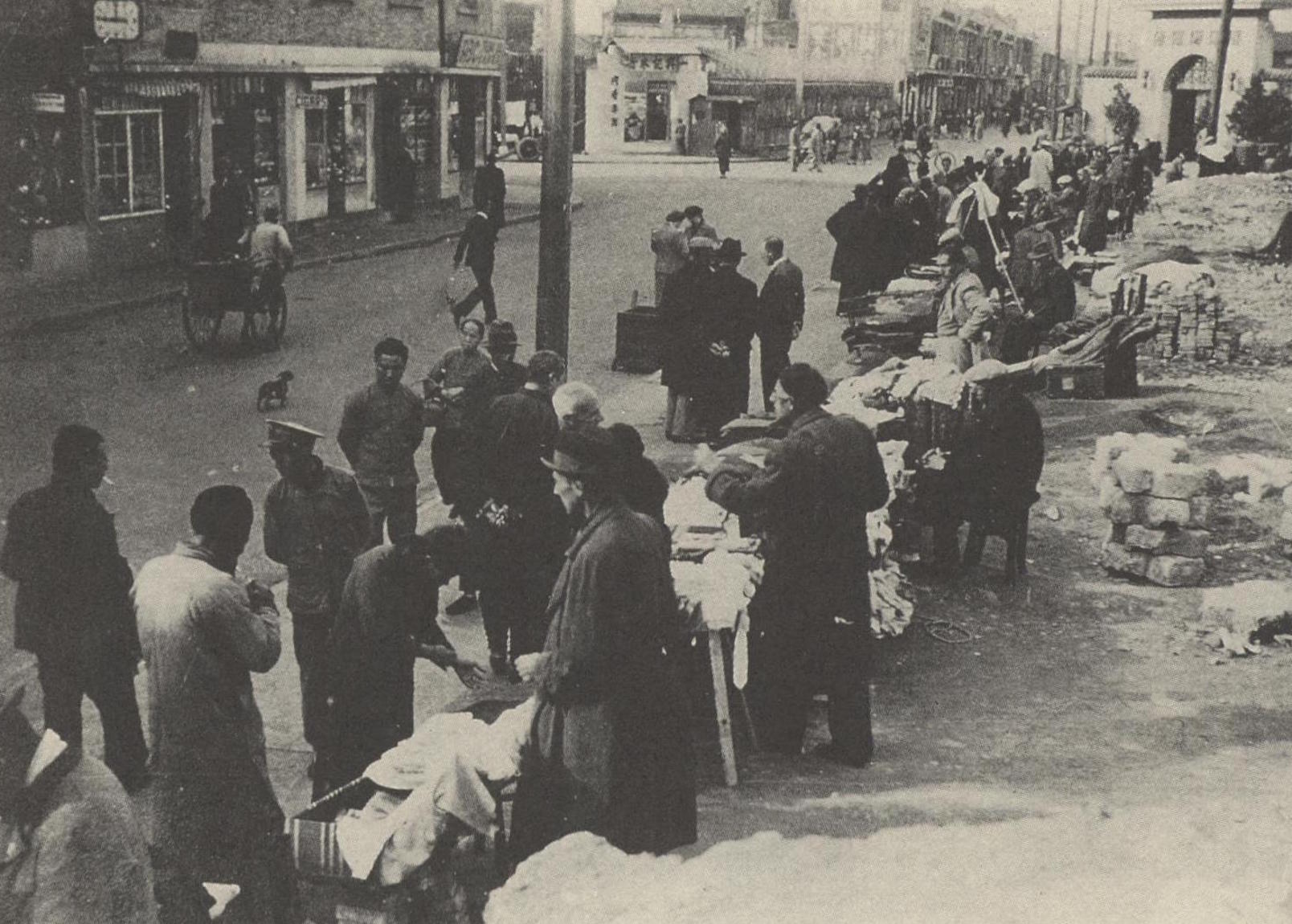American Dreams: Jewish Refugees and Chinese Locals in Post-World War II Shanghai

September 27, 2018 at 12:00 PM Pacific Time
A public lecture by Kimberly Cheng (PhD candidate in Hebrew & Judaic Studies and History, New York University)
2018-2019 Breslauer, Rutman, and Anderson Research Fellow
Organized by the USC Shoah Foundation Center for Advanced Genocide Research
During World War II, approximately 18,000 Central European Jewish refugees found refuge in Japanese-occupied Shanghai. While many scholars have focused on Jewish life in Shanghai during the war, few have studied how Jewish refugees fared in postwar Shanghai. In this lecture, Kimberly Cheng aims to write Central European Jewish refugees back into the changing landscape of postwar Shanghai by examining the ways in which Jewish refugees and Chinese locals perceived and interacted with each other. In particular, she will explore the impact of the arrival of American forces on Sino-Jewish relations on the ground in the immediate postwar period.
Utilizing Jewish oral histories and memoirs, Cheng will demonstrate how Jewish refugees in Shanghai embraced U.S. troops and adopted American behaviors and attitudes, and will examine the ways in which Jewish refugees, who harbored hopes of immigrating to America, remembered “practicing” being American by taking jobs with the American forces and participating in American culture. Through their different connections to America, Jewish refugee dreamers and schemers alike gained a country to identify with, which put them starkly at odds with the Chinese in Shanghai, who found themselves fighting for the possession of their own state. By triangulating between the perceptions and feelings that Jewish refugees, Chinese, and Americans harbored towards one another during the postwar era in Shanghai, Cheng will shed light on the consolidation of Jewish refugees’ personal identities and examine the construct of foreignness in Shanghai.
Kimberly Cheng is a doctoral candidate in the Joint PhD Program in Hebrew and Judaic Studies and History at NYU. Her fields are Modern Jewish History and Modern Chinese History, and her research broadly centers around historical points of contact between Jewish and Chinese populations in Europe, the United States, and Asia. Her dissertation in specific examines Central European Jewish refugee migration to Shanghai during World War II, with a focus on memory and gender. Most recently, she has been named a member of the 2018-2019 Leo Baeck Fellowship Programme. She is also a recipient of NYU Graduate School of Arts and Science’s 2018 Mainzer Summer Fellowship for research on sexuality and gender studies in German traditions. Previously, she has served as a research intern for the Roman Vishniac Archive at the International Center of Photography and as NYU Office of Academic and Student Affairs’ Intern in Diversity and Inclusion in Higher Education Administration. She holds a Master’s of the Science of Education from the University of Pennsylvania and an A.B. from Cornell University in History, Jewish Studies, and German Studies.